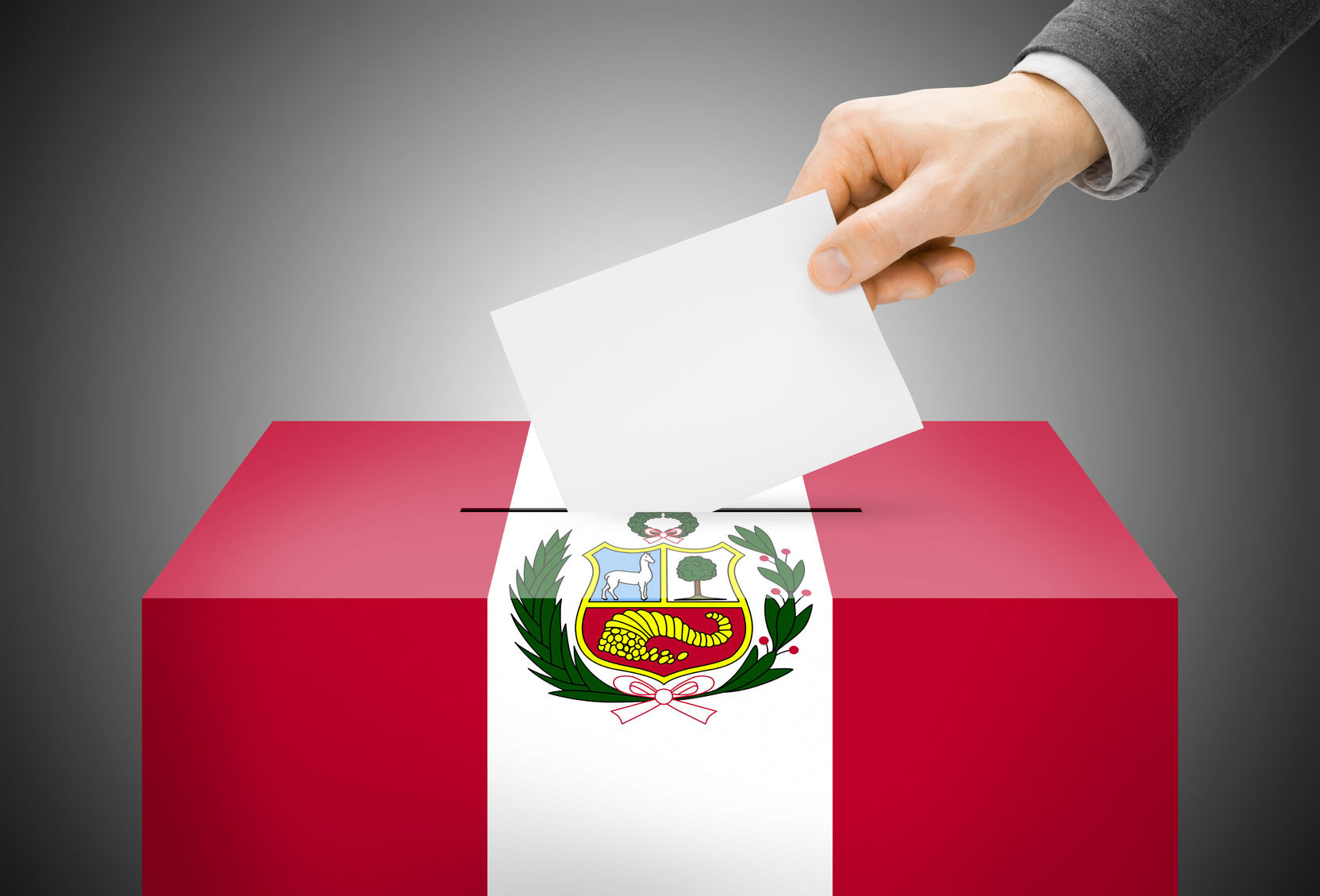Keiko Fujimori, the daughter of Alberto Fujimori, the former Peruvian dictator jailed for corruption and human-rights violations, won the first round of the country’s presidential election. In the April 10 voting, Ms. Fujimori beat centre-right economist Pedro Pablo Kuczynski by 18 percentage points, sending them to the June 5 runoff vote. Meanwhile, Ms. Fujimori’s conservative party, Popular Strength, will likely have an absolute majority in Congress.
One might think that Ms. Fujimori, as heir to an organization with close ties to many people who were part of her father’s regime, might have trouble obtaining a respectable result, let alone dominating the first round of a presidential election. What happened?
The common explanations are not without merit. Yes, Ms. Fujimori has worked hard under the radar to turn her father’s highly personalized, informal structure into a political machine with national roots; she has publicly reneged on some of the dark legacy of the 1990s dictatorship; and she even prevented some of her father’s closest supporters from running for Congress.
But the political heirs of Spain’s Franco, Portugal’s Salazar or Chile’s Pinochet – to name three right-wing autocracies that were succeeded by democratic governments – had to transform themselves into something profoundly different before they got a chance to govern. And in none of those cases was anyone as closely associated to the dictator as a son or daughter in a position to lead the political metamorphosis.
Peru recovered its democracy in 2001 after Mr. Fujimori resigned, by fax, from Japan, where he had taken refuge (he was later arrested in Chile and extradited to Peru, where he is serving a 25-year prison term). But in all these years, something critical to the social legitimacy of the democratic system has been lacking – real institutional reform.
For almost a decade, mostly thanks to the commodities boom, the growth of the economy and the expansion of the middle class, it seemed as if Peru had turned the corner of populism, instability and disrespect for the basic values of a civilized society.
It was only true insofar as Peruvians were content to have left behind the memory of Marxist terrorism, hyperinflation and political demagoguery associated with the 1980s, and the authoritarianism of the 1990s. Beneath that semblance of conformity, however, there were signs of democratic exhaustion, despite the little time that had passed since the return of democratic rule.
One of those signs was the demise of traditional parties and the emergence of outsiders with scant political pedigree or credentials. Another was the inability of the system to mow the grass under the feet of radical organizations that routinely paralyzed important mining projects in the Andean areas with some support from local communities. A third sign was the quicksand that devoured every new government soon after it took office as its popularity was quickly eroded. Finally, there was the failure of institutions, such as the judiciary, and the police to earn the respect of the population, as witnessed by opinion surveys and a palpable sense of grievance against all types of authority.
It is no surprise that the 40-year-old Ms. Fujimori, helped by the discourse of those who justify the human-rights violations and corruption of the 1990s with the argument that her father saved Peru from the Maoist Shining Path rebels and hyperinflation, kept the flame alive. In fact, this is her second bid for the presidency, having lost narrowly in 2011.
The biggest mistake made by her father’s successors was to act as if no further reforms were needed and they could afford to be complacent. The paradoxical co-existence of a growing economy and the shrinking social legitimacy of the institutions and political organizations was bound to have consequences. One of these has been the generous reassessment by a large number of Peruvians of a family name that a few years ago was mired in disrepute.
Whatever happens in the second round of the presidential vote, Fujimorismo will be a dominant force in the years to come. Whether it gives Peruvian democracy what previous governments have not been able to give it is an open question. Unless her rival in the second round beats her, Ms. Fujimori and her supporters are likely to make an unsavoury use of the disproportionate power that Peruvians seem willing to grant her.













